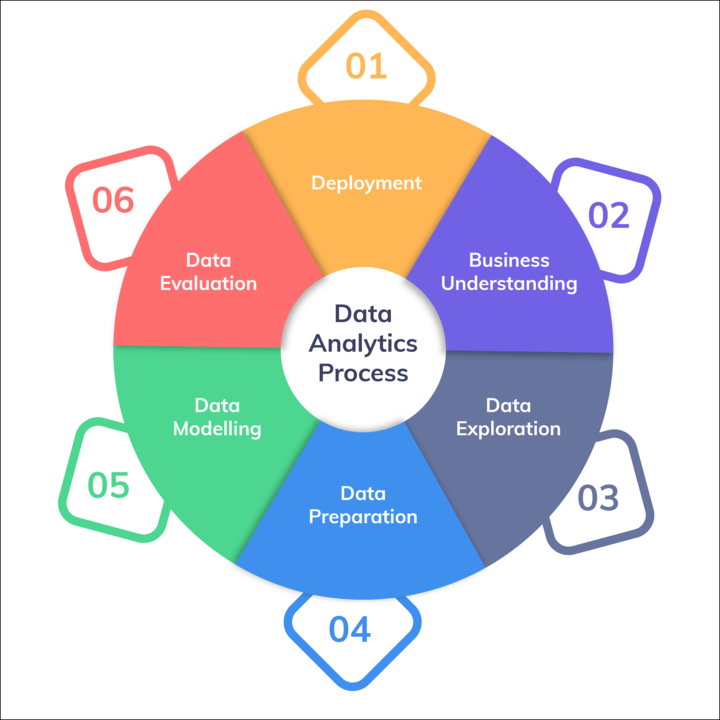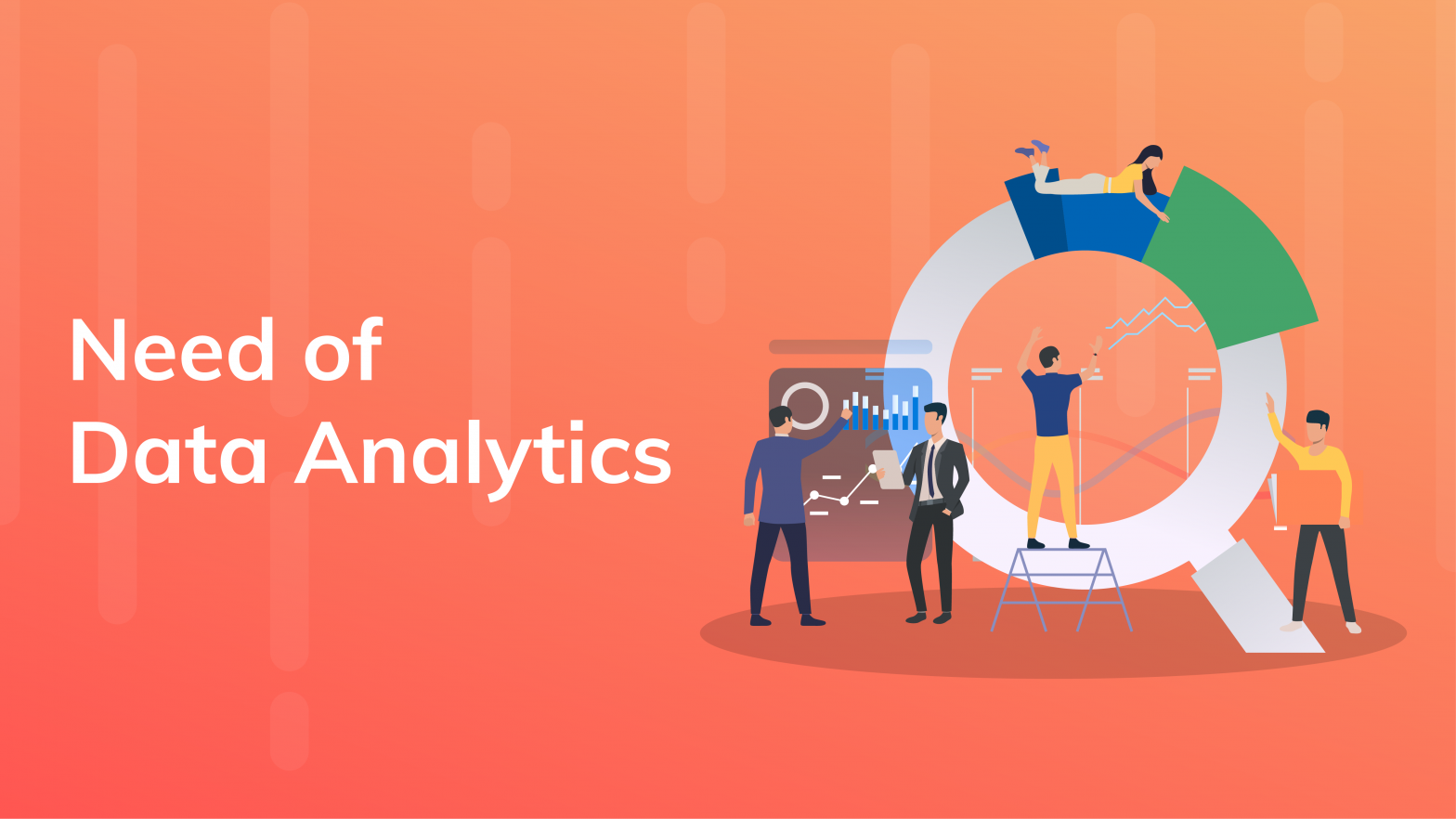Data is any sort of information that is available, accessible, and identifiable. This information can be in any form and could possibly have multiple layers to it. The amount of data available with us today is bit over-whelming in nature. Frankly, at times, we ( companies) have absolutely no idea what is to be done with the pile of data that has been handed over from extrinsic research. There is a need to format, clean, introspect the given chunk of data to form a cohesive meaning from data. Basically, to convert data in information form that could be read, interpreted, and used for further processes. This process of converting data into readable coherent meaningful information that enables analysis is called Data Analysis.
Data mining is a particular data analysis technique where modeling and knowledge discovery for predictive rather than purely descriptive purposes is focused. Business intelligence covers data analysis that relies heavily on aggregation, focusing on business information. In statistical applications, some people divide business analytics into descriptive statistics, exploratory data analysis (EDA), and confirmatory data analysis (CDA).

So why Data Analytics?
With Data Analytics businesses can understand hidden patterns and meanings within the behavior of the customer. For businesses, the data they use may include historical data or new information they collect for a particular initiative. They may also collect it first-hand from their customers and site visitors or purchase it from other organizations. This has a various fragment, but eventually, this helps majorly in making major business decisions which are data-driven and backed up by analysis.
1. Informed Decision Making.
With the data available, and analysis performed with it, companies are able to make better-informed decisions, leading to improved outcomes.
Data analytics omits guesswork or predictions whilst planning marketing campaigns. With this, choosing what content to create, developing products becomes easier. It gives you a 360-degree view of your customers, which means you understand them more fully, enabling you to better meet their needs. Plus, with modern data analytics technology, you can continuously collect and analyze new data to update your understanding as conditions change.
2. More Effective Marketing
When businesses have an understanding of your audience better, you can market to them more effectively. Data analytics enables you with extrinsic insights into how your campaigns are performing so that you can fine-tune them for optimal outcomes.
Using the analytics you can gain insights into which audience segments are most likely to interact with a campaign and convert. You can use this information to adjust your targeting criteria either manually or through automation, or use it to develop different messaging and creative for different segments. Improving your targeting results in more conversions and less ad waste.
3. More Efficient Operations
Data analytics can help you streamline your processes, save money, and boost your bottom line. When you have an improved understanding of what your audience wants, you waste less time on creating ads and content that don’t match your audience’s interests.
This means less money wasted as well as improved results from your campaigns and content strategies. In addition to reducing your costs, analytics can also boost your revenue through increased conversions, ad revenue, or subscriptions.
4. Cutting Costs.
When data is gathered and analyzed, it gives you meaningful insights that can be very helpful in finding loopholes in your processes. With this comes understanding where you have been spending and not getting the desired ROI. Also, this can give you an understanding of where you haven’t been spending enough.
Operations and finances of the organization could be optimized very well with the usage of data.
Want to learn more about data analytics, try us.!







